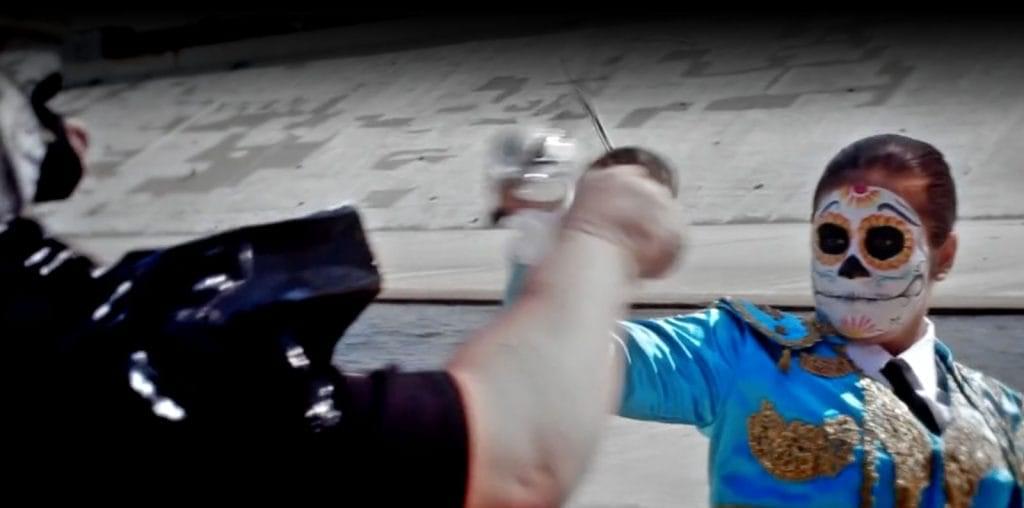
Soren Kragh-Jacobsen’s “Mifune” is the latest offering from the Danish film club “Dogma 95,” a neo-filmmaking collective which mandates its adherents return to the basics of the movie medium. The Dogma 95 “Vow of Chastity” dictates no fancy lights or special effects, all hand-held cameras and only props found on location. Any movie-goer who has seen Lars Von Trier’s brilliant 5-hour epic of “The Kingdom,” Thomas Vinterberg’s claustrophobically dysfunctional “The Celebration,” or, more recently, enfant terrible Harmony Korine’s schizoid “julien donkeyboy,” is familiar with the golden-toned and shakily intimate dogma-style. Eliminating the crutches of Hollywood props and technologies, practitioners must rely on the natural world and the intricacies of actors to bring their films alive.
The home-movie style of Dogma films has typically been paired with intense looks inside the emotional complexities of intimate relationships, and “Mifune” sets out on this same venture. We follow a businessman named Kresten (Anders Berthelson) from his wedding to the boss’s daughter, to his own father’s death the next day, to his subsequent return to the impoverished farm life he has concealed from his new bride and her family. Because it’s a Dogma film, insane behavior, mental retardation, and emotional corruption are all requirements to tell the “truth,” so things don’t exactly go well there for Kresten. His wife leaves him for being poor, an ex-hooker named Liva–played remarkably by Iben Hjejle–is hired as a maid and brings along her own baggage, and Liva’s little brother Bjarke (Emil Tarding) shows up to wreak some havoc on Kresten’s retarded brother Rud (played awfully by Jesper Asholt).
While the players here and their involvement with each other are as dysfunctional as in any other Dogma film, their treatment by Kragh-Jacobsen is what makes “Mifune” markedly different and ultimately a disappointment. Unlike those who populate and make potent “The Celebration” and “julien donkeyboy,” the characters of “Mifune” are required by their script to attempt to get along and sometimes laugh and smile while they do it. With a series of ultimately cathartic personal encounters taking the place of a plot, the audience is left to admire just how boring all of our lives are when everyone wants to escape the past and heal. Much of Dogma 95’s power lies in its ability to dramatize the inherent insanity of profoundly f****d up lives; Kragh-Jacobsen ends up with a shaky camera pointed at a series of characters who bond on the farm. “Mifune” is æsthetically beautiful, but thematically a bore.
